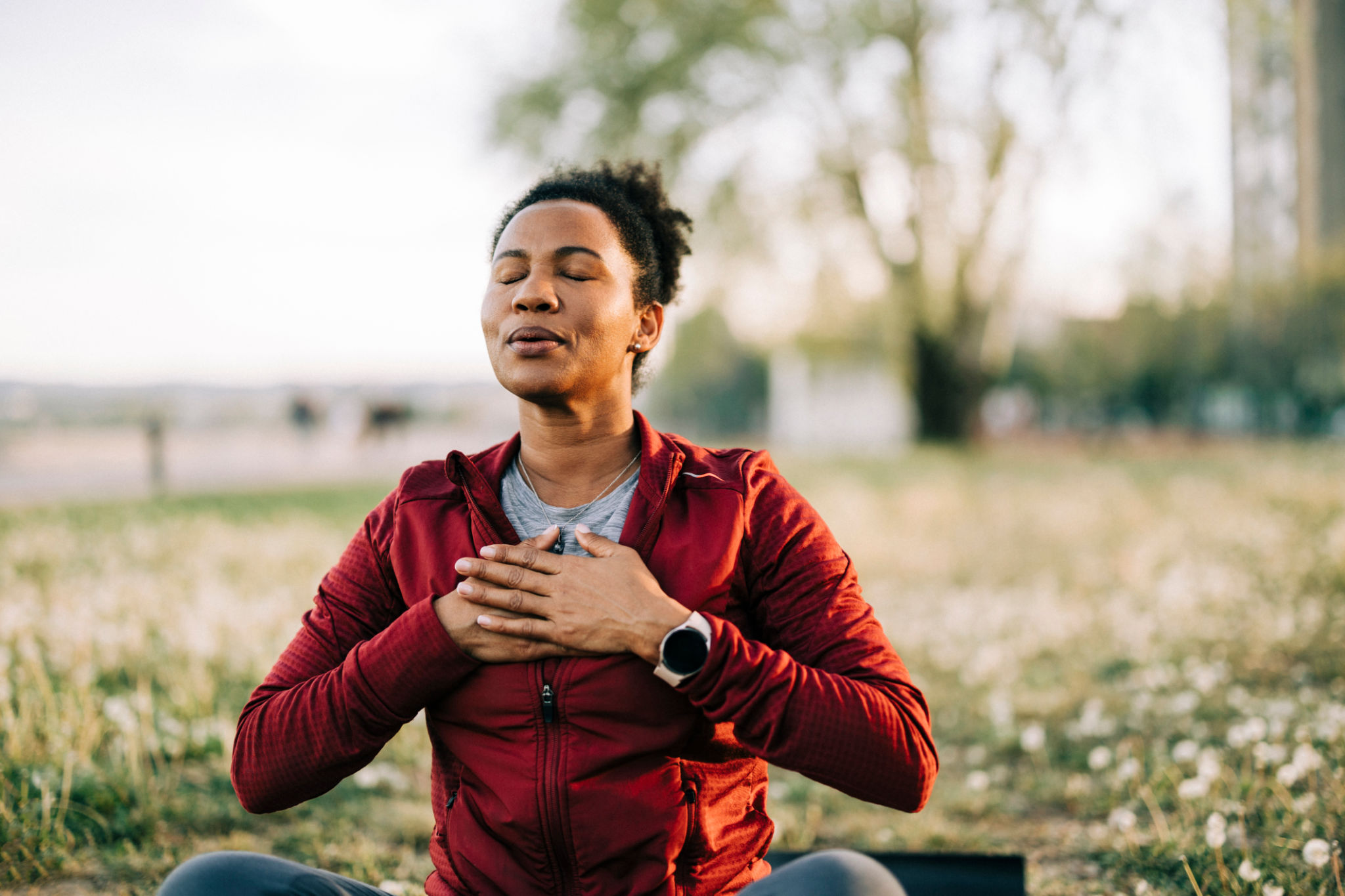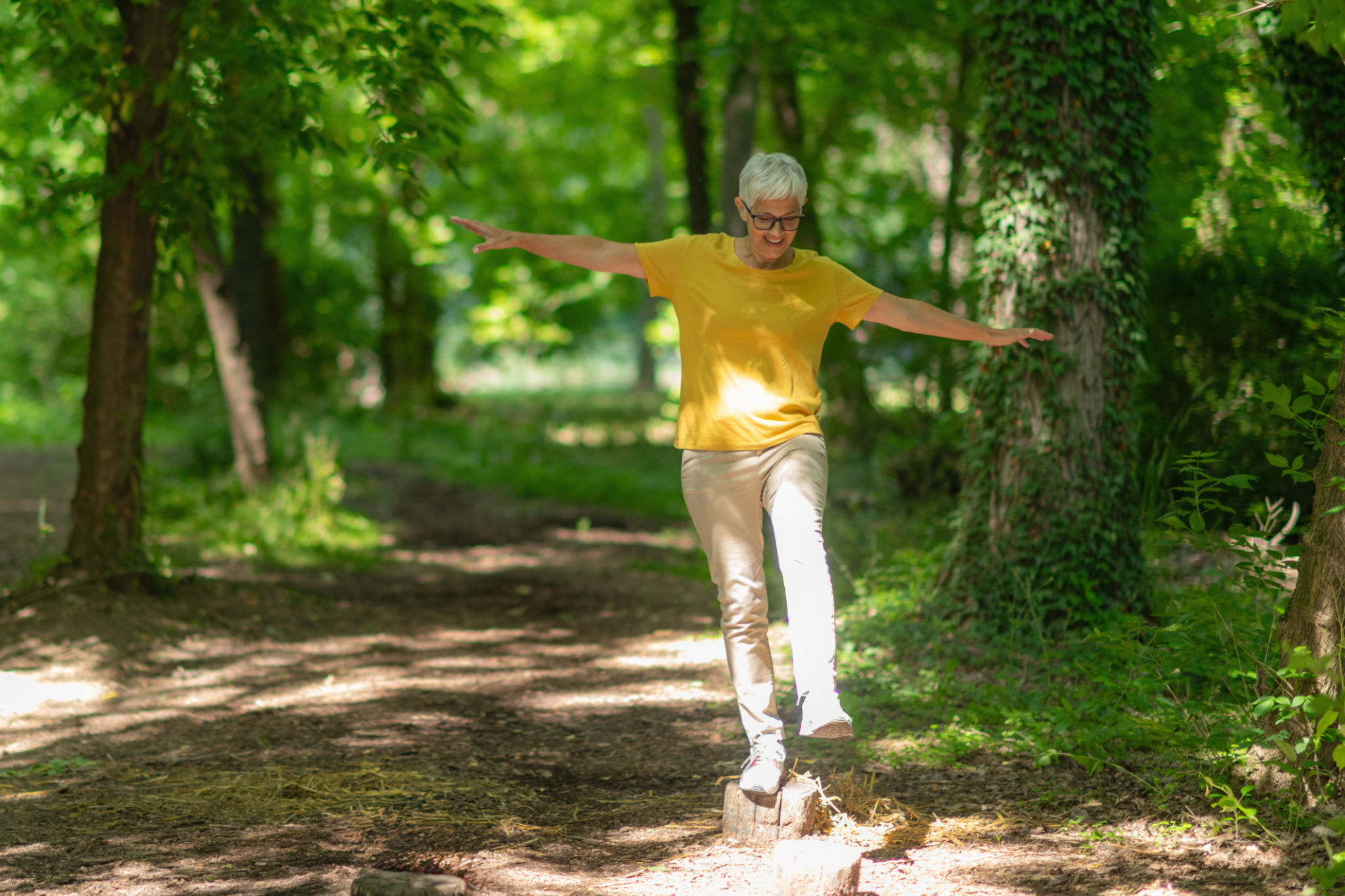Unlocking Emotional Balance: Effective Emotional Regulation Tools
Understanding Emotional Regulation
Emotional regulation is an essential skill that allows individuals to manage and respond to their emotional experiences effectively. It involves being aware of one's emotions, understanding them, and using strategies to manage them in a healthy way. Mastering this skill can lead to improved mental health, better relationships, and increased resilience in the face of life's challenges.

The Importance of Emotional Awareness
Emotional awareness is the cornerstone of emotional regulation. By recognizing and labeling emotions as they occur, individuals can gain a deeper understanding of their emotional landscape. This awareness helps in identifying triggers and patterns in emotional responses, paving the way for more informed and conscious reactions.
Practicing mindfulness is a powerful tool for enhancing emotional awareness. Mindfulness involves paying attention to the present moment without judgment. By practicing mindfulness, individuals can become more attuned to their emotions, leading to greater self-awareness and emotional control.
Techniques for Regulating Emotions
There are several techniques that can be employed to regulate emotions effectively. One popular method is cognitive reappraisal, which involves reframing negative thoughts to alter their emotional impact. This technique encourages individuals to view situations from different perspectives, often leading to a more positive emotional response.

Another effective tool is deep breathing exercises. By focusing on slow, deep breaths, individuals can activate the body's relaxation response, reducing stress and anxiety. This simple practice can be done anywhere and at any time, making it a convenient tool for emotional regulation.
The Role of Physical Activity
Physical activity is not only beneficial for physical health but also plays a significant role in emotional regulation. Exercise releases endorphins, which are chemicals in the brain that act as natural mood lifters. Regular physical activity can help reduce symptoms of anxiety and depression, promoting a more balanced emotional state.
Engaging in activities like yoga or tai chi can be particularly effective as they combine physical movement with mindfulness and breathing techniques, offering a holistic approach to emotional regulation.

Building a Supportive Environment
Creating an environment that supports emotional well-being is crucial for effective emotional regulation. This can include building strong social connections, which provide emotional support and a sense of belonging. Sharing feelings with trusted friends or family members can offer new perspectives and reduce feelings of isolation.
Additionally, setting realistic goals and maintaining a balanced lifestyle can contribute significantly to emotional stability. Ensuring adequate sleep, a nutritious diet, and time for relaxation are foundational elements that support emotional health.
Conclusion: Embracing Emotional Balance
Unlocking emotional balance is a journey that requires patience and practice. By incorporating these tools and techniques into daily life, individuals can enhance their ability to regulate emotions effectively. Remember that emotional regulation is not about eliminating emotions but about managing them in a way that contributes to overall well-being.
As you embark on this journey towards emotional balance, embrace the process with self-compassion and openness. The skills you develop will not only improve your emotional health but also enrich your interactions with others and your experience of the world.